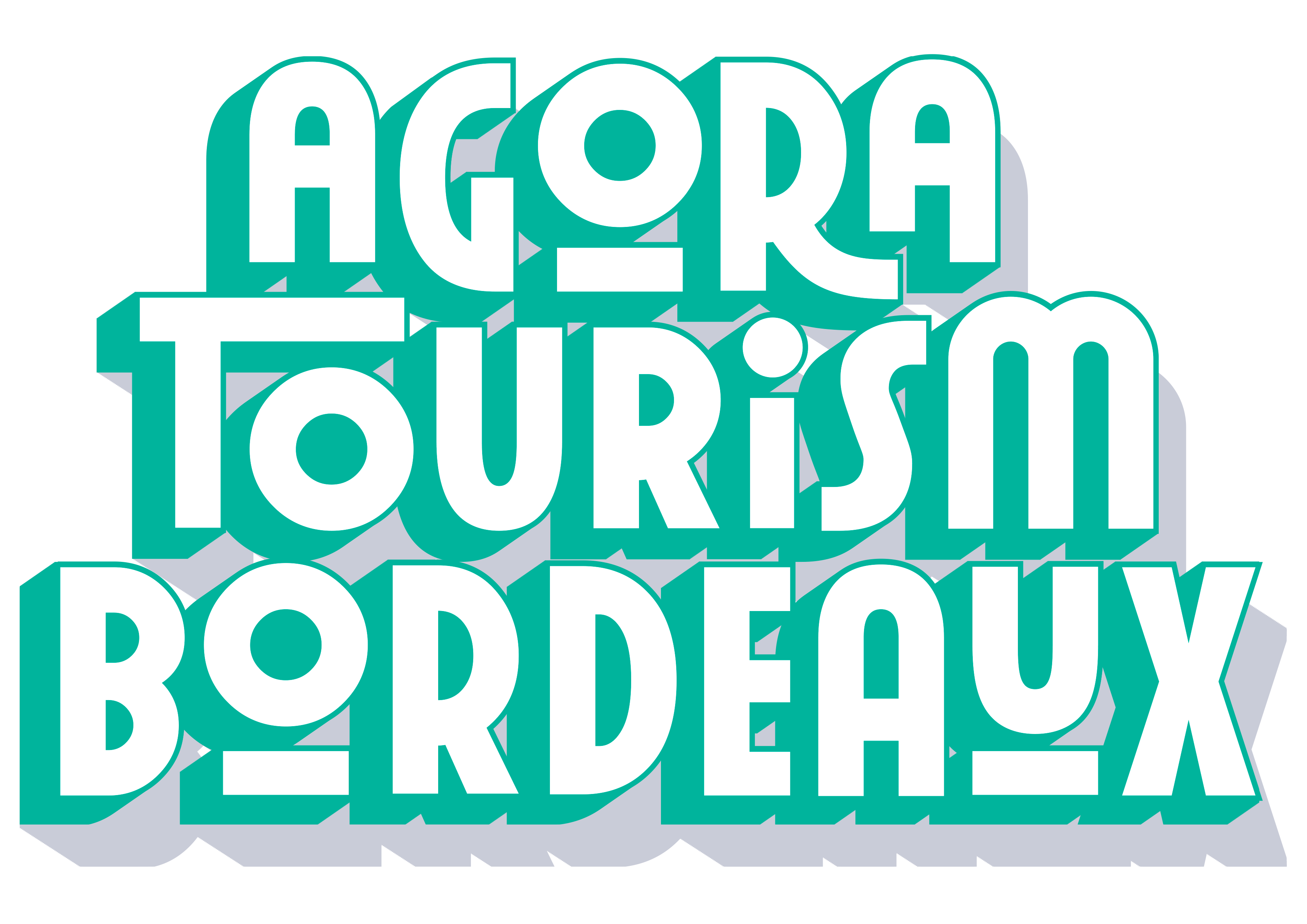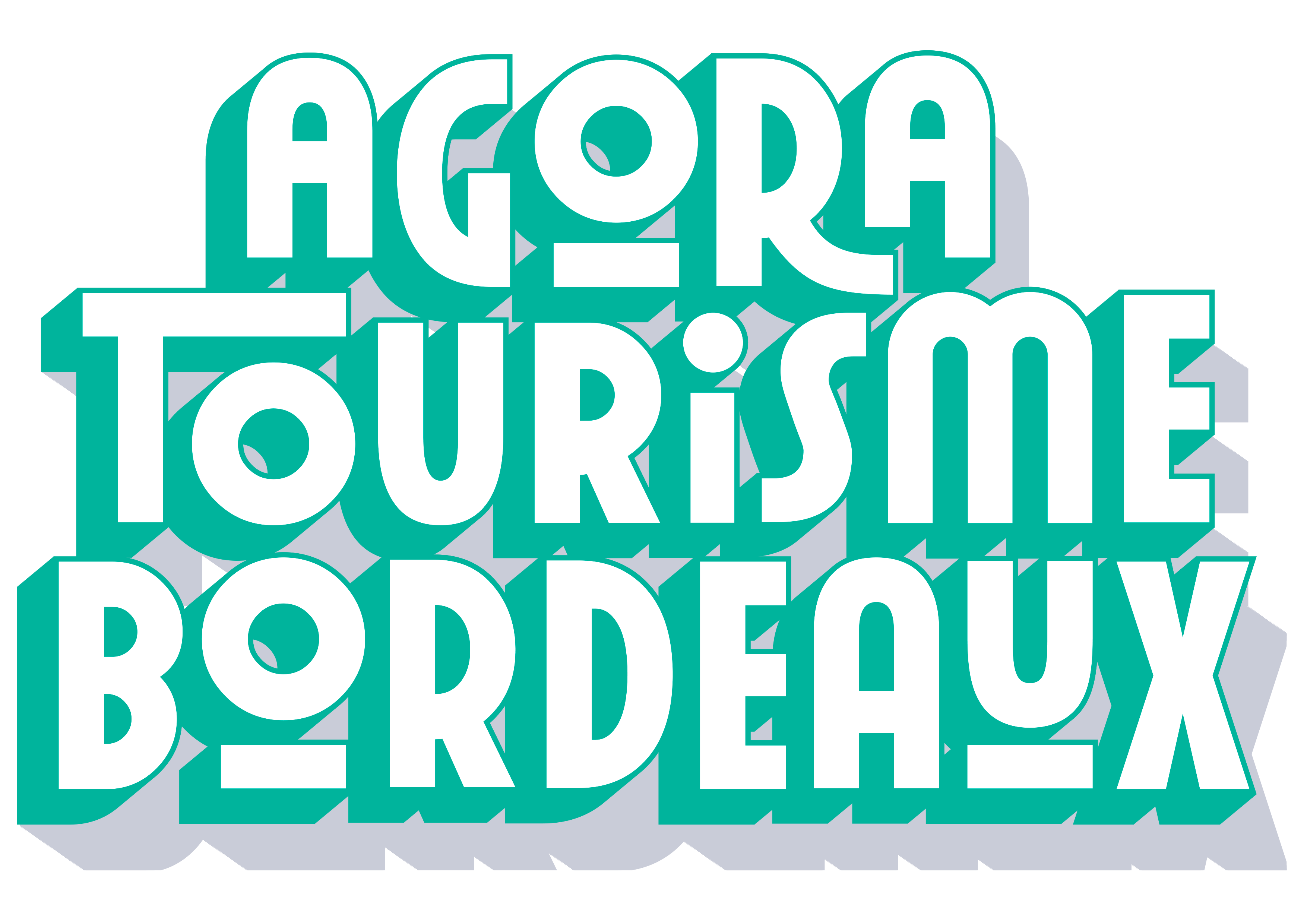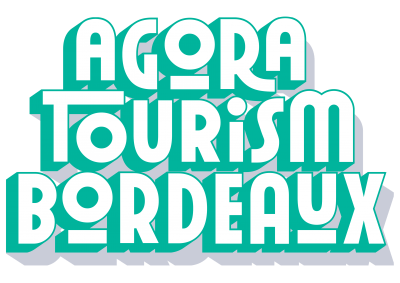On 5, 6 and 7 October 2021, a second session of workshops was held. Tourism professionals, residents, metropolitan authorities and associations participated in discussions about concrete actions to be implemented and their scope, based on strategic focuses that had been defined in June.
Leisure tourism workshop
- Theme 1: Training and certifying professionals to become actors for tourism with a known positive impact (cross-disciplinary theme applicable to all workshops)
- Theme 2: Reimagining destination positioning for different clients
- Theme 3: Designing eco-responsible and inclusive tourism
- Theme 4: Providing inclusive communications about eco-responsible tourism
Business and events tourism workshop
Theme 1: Hosting an event
- Offering simplified, green mobility options for events
- Raising awareness among event organisers and participants to improve their responsible practices
- Developing accessible tourism for underserved groups and enhancing communication around this
Theme 2: Event production and logistics
- Equipment management: pooling equipment used for events For non-reusable equipment, encouraging use of equipment made in France
- Strengthening collaboration between local food producers and restaurant owners/caterers
- Optimising waste sorting and recycling at events
Local tourism workshop
- Theme 1: Training and certifying professionals to become actors for tourism with a known positive impact
- Theme 2: Positioning destinations for residents and adapting communications to be inclusive and accessible
- Theme 3: Designing a range of tourism activities to discover the local area, accessible to underserved groups as well
Key figures from the workshops
- 73 participants in 3 workshops.
- 24 participants in the leisure tourism workshop, 27 participants in the business tourism workshop and 22 participants in the local tourism workshop.
- 9 strategic focuses discussed by participants, in order to define concrete actions to be implemented.
Recap of the workshops
After going around the table with an icebreaker, the Open Tourisme Lab workshop leaders summarised what was said during the first workshop sessions in June and the objectives of the second sessions. After covering shifts in client expectations, the strategic focuses to be discussed by participants were presented.
The workshops were all held with a plenary format: after reminding participants of the strategic focuses from the June consultations, they were free to express themselves on the key questions raised, in order to create open discussion. Out of each participant’s contributions, a blend of all the ideas discussed was formed, to obtain concrete actions to implement in years to come.
Major observations
During this second session, participants expressed their motivation and commitment to continue moving forward and bring the ideas discussed to life even more. There was a clear desire to pool their efforts and help each other, to continue progressing toward sustainable, virtuous tourism together.
A one-stop shop to support professionals
Professionals from the tourism and events industry shared their difficulties in gathering information around sustainable tourism. To avoid wasting time running around, participants expressed a desire for a one-stop shop covering all information about existing support at all levels. Assistants could help implement these practices. A charter summarising measures to be taken to ensure events have a positive impact was also requested.
Coordinating to co-create better
Events industry professionals expressed their enthusiasm to pool their equipment, contacts and best practices, and wished to communicate more with each other. That being said, they agreed that there would need to be a pilot set up to ensure that the network is well-structured.
Drawing support from the local landscape: placing people at the heart of destinations
In both the tourism and the events industry, it’s important to make use of existing resources and get residents more involved, as they can be true ambassadors for each destination. There are many associations, organisations and networks with which professionals could collaborate. The aim is to encourage short circuits, showcase local initiatives to benefit local economies and facilitate exchanges between visitors and residents of the highest possible quality.
Reaching out to all groups
To ensure accessibility for all, the idea of “reaching out” is extremely important. Reaching out to people with disabilities, those suffering precarious financial situations, or anyone else who might be disconnected from tourism activities. The main points of discussions included adapting our means of communication, offering products and services at reduced prices and enriching ecotourism.
Conclusions
In general, the actions put forward reveal the need to create links between existing public and private players and generate virtuous synergy. In the events industry, a project leader is sometimes needed to intervene. In all workshops, a cross-disciplinary desire to map out existing initiatives was expressed, but personal support is also needed to ensure that everyone can get involved. The audience also wants to discuss these challenges more.
As for the Bordeaux Métropole Tourism and Convention Office, it will examine all ideas expressed in these workshops, to set up an action plan to reach these objectives.


